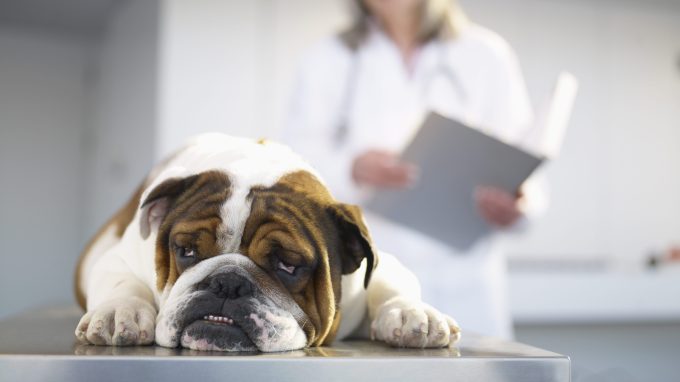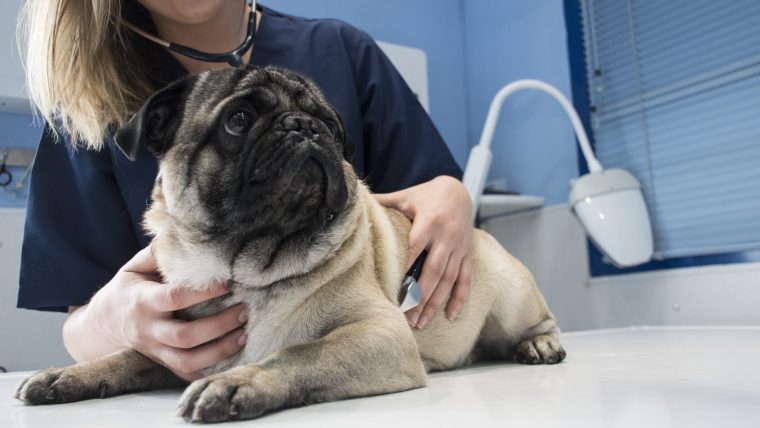
Many dogs that end up in animal shelters have special needs or medical issues — especially dogs that were strays before adoption. This includes heartworm disease, a potentially deadly parasitic infection that can affect your dog’s circulatory system. Thankfully, heartworm disease is treatable, and with the right steps, you can help a heartworm-positive dog recover and live a happy, healthy life.
Understanding heartworm disease
While you may be familiar with some internal parasites that affect the GI tract, such as tapeworms and roundworms, heartworms specifically affect the circulatory system of dogs, cats, and ferrets. They are transmitted by mosquitoes that carry heartworm larvae, injecting them into your dog’s bloodstream. As the worms mature and create new larvae, they are taken up by additional mosquitoes, continuing the cycle.
Once they’ve entered your dog’s body, heartworms can cause a variety of symptoms. These include a cough, exercise intolerance, reluctance to move, changes in appetite, weight loss, and fatigue. In severe cases, you may notice your dog’s gums and tongue turning blue. Your pup may struggle to breathe, or even experience a coma.
Your veterinarian can diagnose heartworm disease with a SNAP blood test. Disease severity is divided into four classes from least to most severe. From there, your vet can recommend a variety of treatments.
Treatment must be done carefully and under supervision. The side effects of heartworms can be dangerous and potentially deadly. For less severe cases, medications such as steroids, antibiotics, and heartworm medications can completely remove the infection. In more severe cases, surgical intervention and supportive care may be needed.
Factors to consider before adoption
It’s very possible to treat and care for a heartworm-positive dog — even if it sounds scary and complicated. But, you may be unable to do everything you want with your dog until they fully recover. Most dogs on heartworm treatment plans require strict rest and must abide by exercise restrictions. In addition, the cost of treatment may be expensive as some cases require hospitalization, extensive treatments, and regular checkups — which may not be covered by pet insurance.
Heartworm disease can also cause damage to the internal organs that may persist even after treatment. This may require additional treatments, medications, and checkups. But, most dogs can fully recover and still have a loving, long-lasting life as your best friend.
Caring for your heartworm-positive dog
Treatment plans for a heartworm-positive dog are often complicated and take a long time. It’s important to know how to care for your dog during their treatment and recovery. As heartworms die, large ones may obstruct the arteries. This can lead to strokes, heart attacks, and other damage that should be watched out for. Look for symptoms such as staggering, confusion, coma, and blue or pale tongue or gums. If you spot these symptoms, seek emergency care.
Your vet will require regular checkups and heartworm testing to ensure the parasite has been completely cleared. It’s also important to follow your vet’s instructions. Follow any exercise restrictions and non-medication treatments to ensure your dog doesn’t overexert themself while they recover. Once your dog has the OK and is free from heartworm, you can start a gradual exercise recovery plan. It’s also important to start your dog on a monthly heartworm preventive to keep the infection from returning.
Adopting a heartworm-positive dog can be a nerve-wracking experience. However, you’re saving the life of a dog that may not otherwise have had a chance. The reward of helping your new best friend definitely outweighs any risks.








